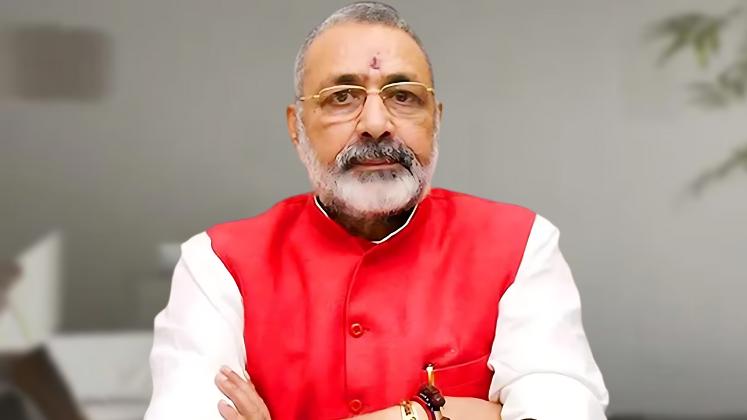Textile stakeholders in India say they plan to partner with South Korean companies to facilitate knowledge sharing, technology transfer, and investment in industrial hemp.
That was one of the outcomes of a recent meeting hosted by the Wool and Woolens Export Promotion Council (WWEPC), which said it plans to exploit the potential in industrial hemp fibers. Attendees discussed innovative ways to greater integrate hemp into India’s textile ecosystem, and the benefits of blending hemp with wool to create sustainable products that can help meet the rising global demand for eco-friendly materials.
The proposed arrangements, in the form of Memorandums of Understanding (MOUs), would support buy-backs for hemp products and introduce advanced textile technologies to India, with the goal to position the country as a key player in the global hemp sector, according to WWEPC.
Ministry assures support
Also during the meeting, India’s Minister of Textiles, Giriraj Singh, reaffirmed his commitment to fostering the growth of commercial hemp production, pledging to collaborate with Uttarakhand Chief Minister Pushkar Dhami to draft a proposal aimed at aligning policies and promoting growth within the sector. Kanika Sood, an agriculturist with Humans of Hemp, emphasized aligning agricultural practices with environmental goals to drive the industry’s advancement.
The meeting also saw Awega Green Technologies (AGT) announce plans for a pilot project in Uttarakhand to establish a robust hemp farming supply chain, increase farmer incomes, and promote sustainable agricultural practices.
Karan Sarsar of AGT unveiled WWEPC’s plans for Bharat Tex 2025, India’s premier textile event, where the organization will feature a dedicated pavilion for hemp innovations, a sustainable fashion show showcasing hemp and wool garments, and a conference for industry stakeholders.
“With initiatives like Bharat Tex 2025 and strengthened international collaborations, India is poised to set benchmarks in eco-friendly fashion and fiber production,” said WWEPC Chairman Romesh Khajuria.
Indian hemp & history
India’s historical connection to hemp dates back thousands of years, with the material playing a vital role in local economies and artisanal crafts. Hemp’s durability, versatility, and minimal water requirements make it an ideal candidate for sustainable textile production, aligning with global trends toward eco-friendly materials.
India’s textile industry, one of the largest and most significant globally, contributes approximately 7% to industrial output, 2% to GDP, and 12% to export earnings. With the hemp industry poised for growth, India is positioning itself as a hub for sustainable textile innovation, with prominent figures like Shripat Jagirdar of Weaving Vibes and Shridhar Jagirdar of Karishma Exports backing the vision.
Three states active
As of now, India does not have nationwide legalization for industrial hemp cultivation. However, some states and provinces have made strides toward allowing industrial hemp farming under specific regulations. The primary hemp-producing states in India are Himachal Pradesh and Uttarakhand.
Lawmakers in a third state, Himachal Pradesh, last year passed an amendment to the state’s drug law that cleared the way for the production of industrial hemp and medical marijuana. Industrial hemp is limited to the production of fiber, grain and cultivation seed. Hemp farmers can either grow the crop independently or engage in contract farming.
(With reporting from ACN)

